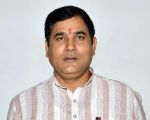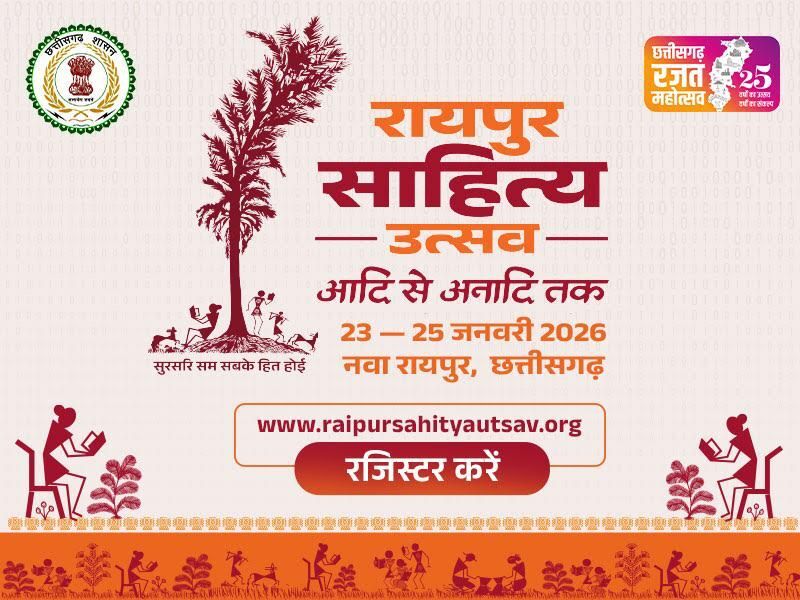Early Life and Rise to Fame
Tanushree Dutta’s entry into the public eye began with her victory at the Femina Miss India Universe pageant in 2004, a platform that catapulted her into the entertainment industry. Her win showcased her charisma and poise, qualities that soon translated into a promising acting career. In 2005, she made her Bollywood debut with Aashiq Banaya Aapne, a romantic thriller that became a commercial success, largely due to its chart-topping music and Tanushree’s bold, glamorous persona. Her role as Sneha, a character embodying both vulnerability and allure, earned her recognition and established her as a rising star.

Following her debut, Tanushree appeared in a string of films, including Dhol (2007), Bhagam Bhag (2006), and the Tamil film Theeradha Vilaiyattu Pillai (2010). Her performances, often in light-hearted or glamorous roles, resonated with audiences, and she quickly became a familiar face in commercial cinema. Her sister, Ishita Dutta, also pursued acting, later appearing in films like Drishyam. Tanushree’s early career was marked by promise, but her trajectory would soon take a dramatic turn due to events that unfolded during the filming of Horn Ok Pleassss in 2008.
The 2008 Incident and the Birth of #MeToo in India
In 2018, Tanushree Dutta made headlines when she publicly accused veteran actor Nana Patekar of sexual harassment during the filming of a special song sequence for Horn Ok Pleassss in 2008. According to Tanushree, Patekar behaved inappropriately, making unwanted advances and compelling her to perform an intimate dance sequence that was not part of her original agreement. She also alleged that choreographer Ganesh Acharya, director Rakesh Sarang, and producer Samee Siddiqui were complicit in the incident, creating an environment where she felt trapped and unsafe. Tanushree filed a complaint with the Cine and Television Artistes Association (CINTAA) in 2008, but no action was taken, as the matter was deemed a criminal case beyond CINTAA’s jurisdiction.

Her decision to speak out in 2018, during a Zoom interview, ignited India’s #MeToo movement, encouraging other women in the entertainment industry to share their stories of harassment. Tanushree also accused filmmaker Vivek Agnihotri of inappropriate behavior during the filming of Chocolate (2005), alleging he pressured her to “remove clothes and dance” alongside Irrfan Khan. Both Patekar and Agnihotri denied the allegations, with Patekar dismissing them as implausible given the crowded set environment and Agnihotri calling them baseless. Despite the denials, Tanushree’s courage galvanized a broader conversation about workplace harassment in Bollywood, earning her support from industry figures like Priyanka Chopra, Sonam Kapoor, and Kangana Ranaut.
However, her allegations came at a significant personal cost. Tanushree faced intense backlash, including political opposition and criticism from Patekar’s supporters. She reported being targeted by political groups and alleged underworld connections linked to Patekar, which she claimed silenced potential witnesses. The legal battle was equally challenging. In October 2018, she filed two FIRs at Oshiwara Police Station, but the Mumbai police closed the case in 2019, citing a lack of evidence and labeling the complaint as potentially “malicious” or “out of revenge.” In March 2025, a Mumbai magistrate court dismissed her plea against the closure, ruling that the 2008 allegations were time-barred under the Code of Criminal Procedure, as they exceeded the three-year limitation period. Despite this setback, Tanushree remained undeterred, expressing on Instagram Stories that the court’s decision to cancel the police’s B-summary report motivated her to continue her fight.
Recent Allegations of Harassment (2025)
On July 22, 2025, Tanushree Dutta shocked her followers by posting a tearful video on Instagram, alleging ongoing harassment in her own home for the past four to five years. In the video, she appeared visibly distraught, crying inconsolably and pleading for help. She claimed that the harassment began after her 2018 #MeToo allegations and had escalated to a breaking point, prompting her to call the police on July 21, 2025. The police advised her to file a formal complaint at the station, which she planned to do in the coming days due to her deteriorating health.
Tanushree detailed a series of disturbing incidents, including loud noises and banging outside her home since 2020, which she described as daily occurrences that disrupted her peace. She also accused unknown parties of planting maids in her home who stole from her and engaged in suspicious activities, such as making secretive phone calls. These incidents, she claimed, contributed to both emotional and financial strain, leaving her unable to work and her home in disarray. In a second video, she shared audio of the disruptive noises, stating that she coped by listening to Hindu mantras through headphones to maintain her mental balance.

In an exclusive interview with News18, Tanushree drew parallels to the late actor Sushant Singh Rajput, whose death in 2020 raised questions about systemic pressures in Bollywood. She alleged an “organized conspiracy” against her, pointing to a “Bollywood mafia” and even implicating family members in her distress. She claimed to have experienced surveillance, stalking, and attempts to poison her, expressing fears for her safety. Tanushree also revealed that the prolonged stress had led to chronic fatigue syndrome, severely impacting her physical and mental health.
Her emotional plea sparked widespread concern on social media, with fans and netizens urging authorities to investigate and ensure her safety. However, some skepticism emerged, with critics questioning the validity of her claims and accusing her of seeking attention, prompting Tanushree to slam trolls for their hateful comments.
A Spiritual Retreat Amidst Turmoil
Following the 2018 controversy, Tanushree largely withdrew from Bollywood, with her last on-screen appearance in the 2013 TV film SuperCops Vs Super Villains. She embarked on a spiritual journey, spending over a year in an ashram and documenting her temple visits and Buddhist meditation practices on Instagram. Her posts reflected a search for inner peace, a stark contrast to the turmoil she described in her recent allegations. Notably, her absence from family events, such as her nephew Vaayu’s birthday in July 2025, raised questions about her personal relationships.
Questions Arising from Tanushree Dutta’s Story
Tanushree’s allegations, both past and present, raise several critical questions:
Validity of Her Claims: While her 2018 accusations against Patekar and others were dismissed due to lack of evidence and statutory limitations, her recent claims of ongoing harassment lack specific details about the perpetrators. Are these incidents substantiated, or could they be influenced by her reported health issues, such as chronic fatigue syndrome and PTSD?
Systemic Issues in Bollywood: Tanushree’s reference to a “Bollywood mafia” and parallels to Sushant Singh Rajput’s case highlight concerns about power dynamics and retaliation in the industry. How pervasive are such pressures, and why have legal mechanisms failed to provide justice in high-profile cases?
Mental Health and Support: Tanushree’s deteriorating health and isolation raise questions about the support available to whistleblowers. What measures can be implemented to protect individuals who speak out against powerful figures?
Role of Authorities: Given her call to the police and plans to file an FIR, will the authorities conduct a thorough investigation into her recent allegations? What challenges might they face in addressing claims of surveillance and conspiracy?

Public Perception and Trolling: The mixed reactions to her video, ranging from support to accusations of attention-seeking, reflect the polarized nature of public discourse. How can society balance empathy with critical scrutiny in such cases?
Tanushree Dutta’s story is one of courage, resilience, and unrelenting challenges. From her rise as a Bollywood star to her pivotal role in India’s #MeToo movement, she has faced significant personal and professional costs for speaking out. Her recent allegations of harassment underscore the ongoing struggles of those who challenge systemic issues in the entertainment industry. As she prepares to file a formal complaint, her case continues to spark debate about accountability, safety, and the price of truth in Bollywood. The questions surrounding her experiences demand not only answers but also systemic change to protect and empower voices like hers.





